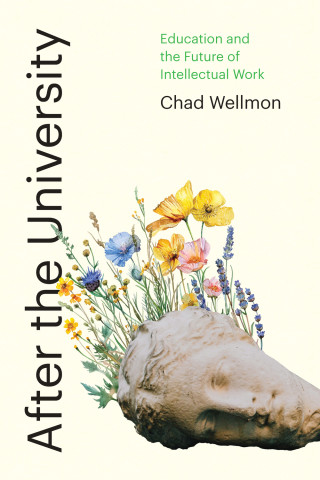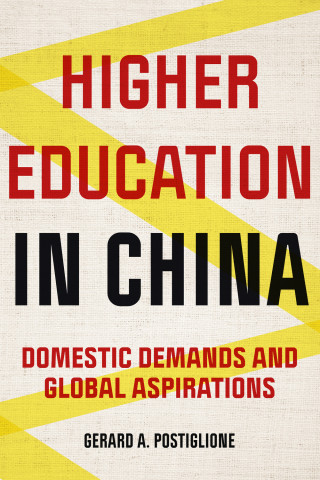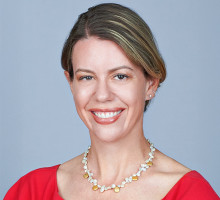
Reviews
Each essay in Of Many Minds describes a distinct lived experience that should compel higher education into action; collectively, they form a roar. Every last one of us in higher education should pull up a chair to do some deep listening and reflection on paths to reform.
A call to action. A reclaiming of territory. A cry in the dark. This collection has it all, and I'm grateful that these voices and words are carving out more space for neurodivergent faculty and staff to be free to show up as our whole selves.
It's not just students' neurodiversity that shapes teaching and learning spaces—it's ours, too. The eye-opening, intensely human stories here provide ample testimony of that powerful yet oft-ignored reality. Of Many Minds is a vital book for those of us who work in, and care for, higher education.
Though higher education's understanding of student neurodiversity and mental disability is improving, our conversations almost invariably leave out faculty and staff. The candid and personal stories in this volume offer astute perspectives on diagnosis, stigma, and masking that helped me better understand some of my own experiences as a neurodivergent academic.
Unputdownable. Reveals with stunning clarity academia's pitfalls and obstacles—both formal, systematized penalties as well as deeply entrenched biases and stigma—for educators contending with illness or disabilities of any kind. Vividly demonstrates how working in higher education can be simultaneously enticing yet systemically disempowering for neurodivergent scholars.
Book Details
Contents
Foreword, by KATIE ROSE GUEST PRYAL
Introduction, by REBECCA POPE- RUARK AND LEE SKALLERUP BESSETTE
Part I: Coping and Masking
1. For Those Who Do Not Love the Archives, by Catherine J. Denial
2
Contents
Foreword, by KATIE ROSE GUEST PRYAL
Introduction, by REBECCA POPE- RUARK AND LEE SKALLERUP BESSETTE
Part I: Coping and Masking
1. For Those Who Do Not Love the Archives, by Catherine J. Denial
2. To Be Seen as a Whole Person: Masking and Unmasking in Higher Education, by David Dault
3. Barely Passing, by Emily Van Walleghen
4. Ripping the Mask Off: The Body Knows What the Mind Denies, by Jim Luke
Part II: Higher Ed Structures
5. There Is No "One Path" in Academia, by Jorden Cummings
6. But Why?: The Social Consequences of Boundaries as an AuDHD Person, by Shannan Palma
7. "It's all too much": Finding a Place with Autism, by Robert Perret
8. Both Can Be True: Risk and Protective Factors for Bipolar Prognosis in Academia, by Darcy Gordon
9. Am I the Problem? Anxiety, Ambition, and Belonging in Higher Education, by Rebecca Pope-Ruark
Part III: Stigma
10. No One Brought a Casserole, by Melissa Nicolas
11. Alone at the Table: Neurodivergence and Fractured Networks, by Ronnie K. Stephens
12. Don't Ask Me How I'm Doing, by Lee Skallerup Bessette
13. My Autistic Transformation: A Journey Towards Acceptance and Advocacy, by Dixie L. Burns
14. Born Under a Bad Sign: An African American Experience in Higher Education, by Kyle Younger
Part IV: Bonus Chapters
15. "It's Okay to Be Human" and Other Lessons Learned Under My Desk, by Katrina Swinehart Held
16. Coda: Professionalism as Ableism, by Lee Skallerup Bessette
Bibliography
Index








